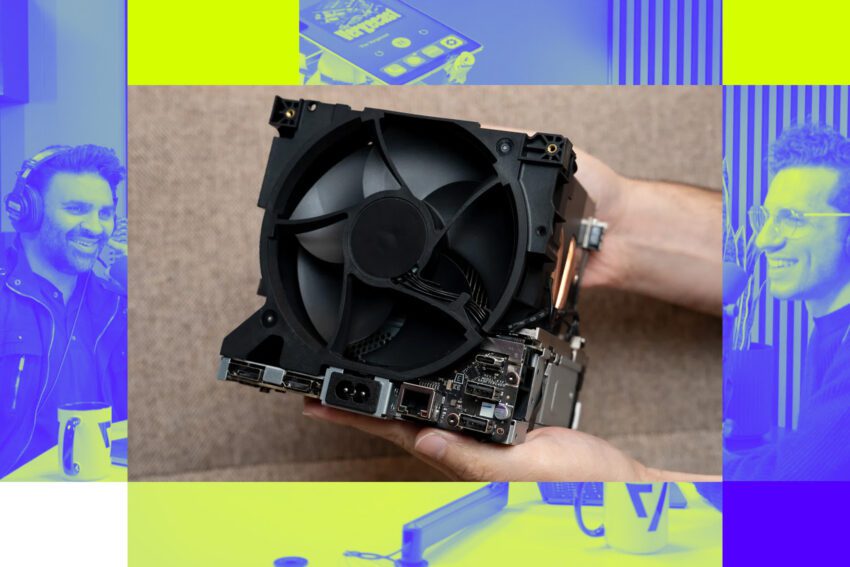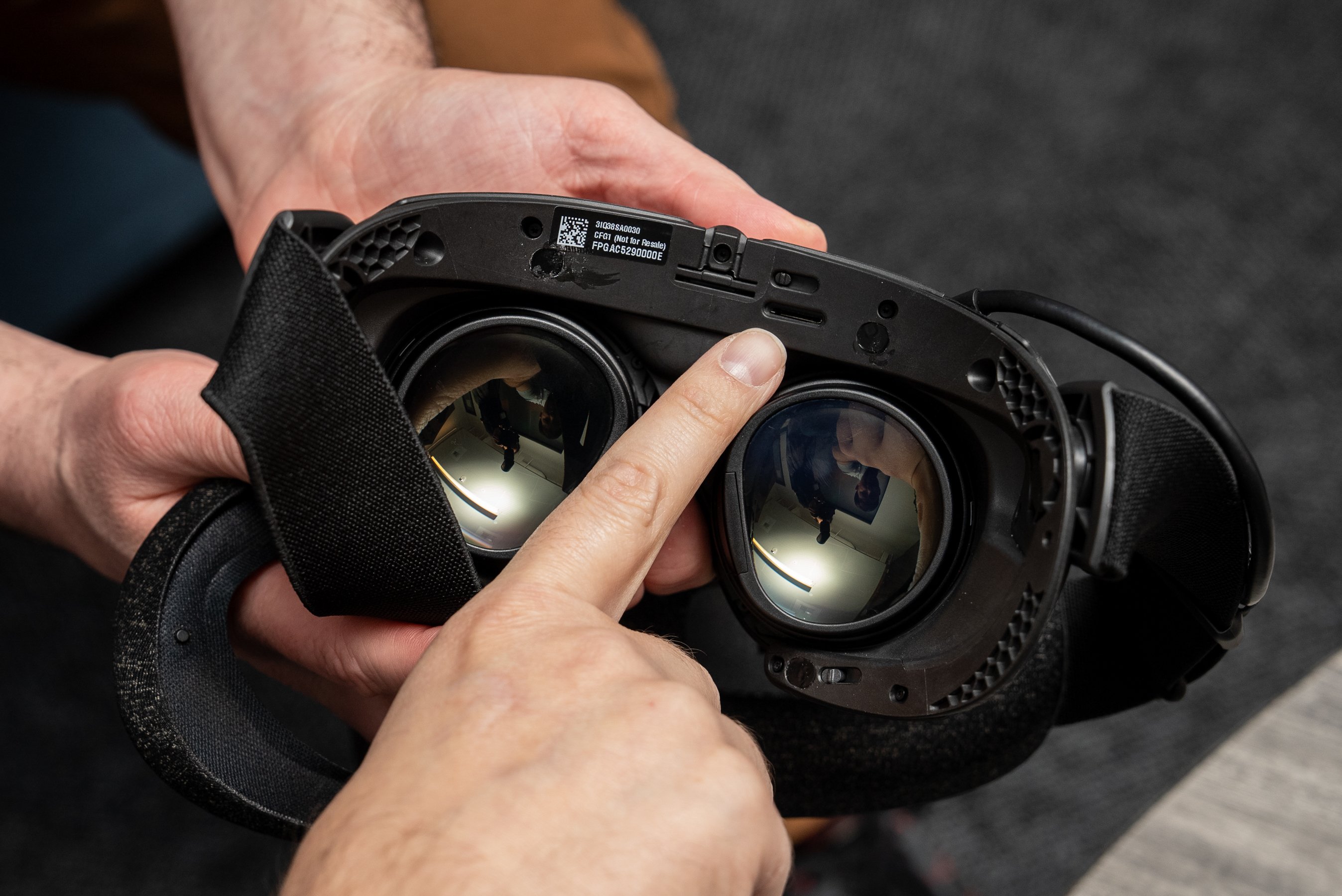
valve made microsoft s dream console Valve’s latest innovation in gaming hardware could redefine the console landscape, potentially aligning with Microsoft’s vision for the future of gaming.
valve made microsoft s dream console
Valve’s Steam Machine: A Game-Changer
Valve has unveiled its Steam Machine, a product that embodies the future of gaming consoles as envisioned by Microsoft. This new hardware offers a seamless gaming experience that combines the accessibility of traditional consoles with the extensive library of PC titles. The Steam Machine is designed to support third-party stores, which could significantly enhance the gaming ecosystem.
The Vision Behind the Steam Machine
Microsoft has long articulated a vision for a gaming console that is user-friendly, versatile, and capable of accessing a vast array of games. This vision includes the ability to play not just exclusive titles but also a wide range of PC games, all while maintaining the simplicity that console gamers expect. Valve’s Steam Machine appears to fulfill this vision, providing a platform that could attract both console enthusiasts and PC gamers alike.
Key Features of the Steam Machine
The Steam Machine is equipped with several features that set it apart from traditional consoles:
- Access to a Vast Library: Users can play a multitude of games available on Steam, which includes indie titles, AAA games, and everything in between.
- Third-Party Store Support: Unlike traditional consoles that often restrict users to a single store, the Steam Machine allows for the installation of third-party stores, providing gamers with more options.
- PC-like Flexibility: The hardware is designed to run like a PC, enabling users to customize their gaming experience, from hardware upgrades to software installations.
- Console-like Ease of Use: Despite its PC capabilities, the Steam Machine aims to deliver a user-friendly interface, making it accessible for those who may not be tech-savvy.
Implications for Microsoft and Windows
Valve’s entry into the console market with the Steam Machine raises significant questions about the future of Microsoft and its Windows operating system. As gaming continues to evolve, the role of Windows as the primary platform for gaming may come under scrutiny.
Changing Consumer Preferences
As consumers increasingly seek flexibility and variety in their gaming experiences, the Steam Machine could appeal to a demographic that values both console simplicity and PC versatility. This shift might lead to a decline in the reliance on Windows as the go-to operating system for gaming.
Microsoft has been aware of these changing preferences and has attempted to adapt its strategy accordingly. The company has invested in cross-platform play and cloud gaming, aiming to create an ecosystem that transcends traditional hardware limitations. However, with Valve’s Steam Machine, Microsoft faces a formidable competitor that could disrupt its plans.
Reactions from Stakeholders
The announcement of the Steam Machine has elicited a range of reactions from industry stakeholders, including developers, gamers, and analysts.
- Developers: Many game developers are excited about the potential of the Steam Machine, as it could provide a new platform for their titles. The ability to reach both console and PC audiences is seen as a significant opportunity.
- Gamers: Feedback from the gaming community has been largely positive, with many expressing enthusiasm for a console that offers more freedom and choice. The prospect of playing a wider variety of games without being locked into a single ecosystem is appealing to many.
- Industry Analysts: Analysts are closely watching the developments surrounding the Steam Machine, as it could signal a shift in the gaming landscape. The success of Valve’s initiative may prompt other companies to rethink their strategies and offerings.
Potential Challenges Ahead
While the Steam Machine presents an exciting opportunity for Valve and gamers alike, it is not without its challenges. The gaming industry is highly competitive, and Valve will need to navigate several hurdles to ensure the success of its new hardware.
Market Competition
The gaming console market is dominated by established players like Sony and Microsoft, both of which have loyal customer bases and extensive ecosystems. Competing against these giants will require Valve to not only market the Steam Machine effectively but also to ensure that it delivers a compelling gaming experience that justifies its existence.
Consumer Education
Another challenge lies in educating consumers about the benefits and functionalities of the Steam Machine. Many gamers may be accustomed to traditional consoles and may not fully understand the advantages of a hybrid platform. Valve will need to invest in marketing and outreach to communicate the unique features and benefits of the Steam Machine.
Technical Support and Reliability
As a new entrant in the console market, Valve will also need to establish a reputation for technical support and reliability. Gamers expect their consoles to work seamlessly, and any issues with hardware or software could lead to negative perceptions of the Steam Machine.
The Future of Gaming Consoles
The introduction of the Steam Machine could signal a broader shift in the gaming industry, one that embraces hybrid models that combine the best aspects of consoles and PCs. As technology continues to advance, the lines between these two platforms may blur even further.
Emerging Trends
Several trends are shaping the future of gaming consoles, and Valve’s Steam Machine is at the forefront of this evolution:
- Cloud Gaming: The rise of cloud gaming services is changing how players access and play games. With platforms like Xbox Cloud Gaming and NVIDIA GeForce Now, gamers can play high-quality titles without the need for powerful hardware.
- Cross-Platform Play: The demand for cross-platform play is growing, allowing gamers to play with friends regardless of their chosen platform. This trend is likely to continue, further blurring the lines between consoles and PCs.
- Subscription Services: Subscription models are becoming increasingly popular, offering gamers access to vast libraries of games for a monthly fee. This model could complement the Steam Machine’s capabilities, providing users with even more options.
Conclusion
Valve’s Steam Machine represents a significant development in the gaming landscape, aligning closely with Microsoft’s vision for the future of consoles. By offering a platform that combines the ease of use of traditional consoles with the flexibility of PC gaming, Valve has positioned itself as a serious contender in the market.
As the gaming industry continues to evolve, the implications of the Steam Machine will be felt across various stakeholders, from developers to consumers. While challenges remain, the potential for a new era of gaming that embraces hybrid models is within reach. The success of the Steam Machine could pave the way for future innovations that redefine how we experience gaming.
Source: Original report
Was this helpful?
Last Modified: November 14, 2025 at 7:39 pm
1 views















